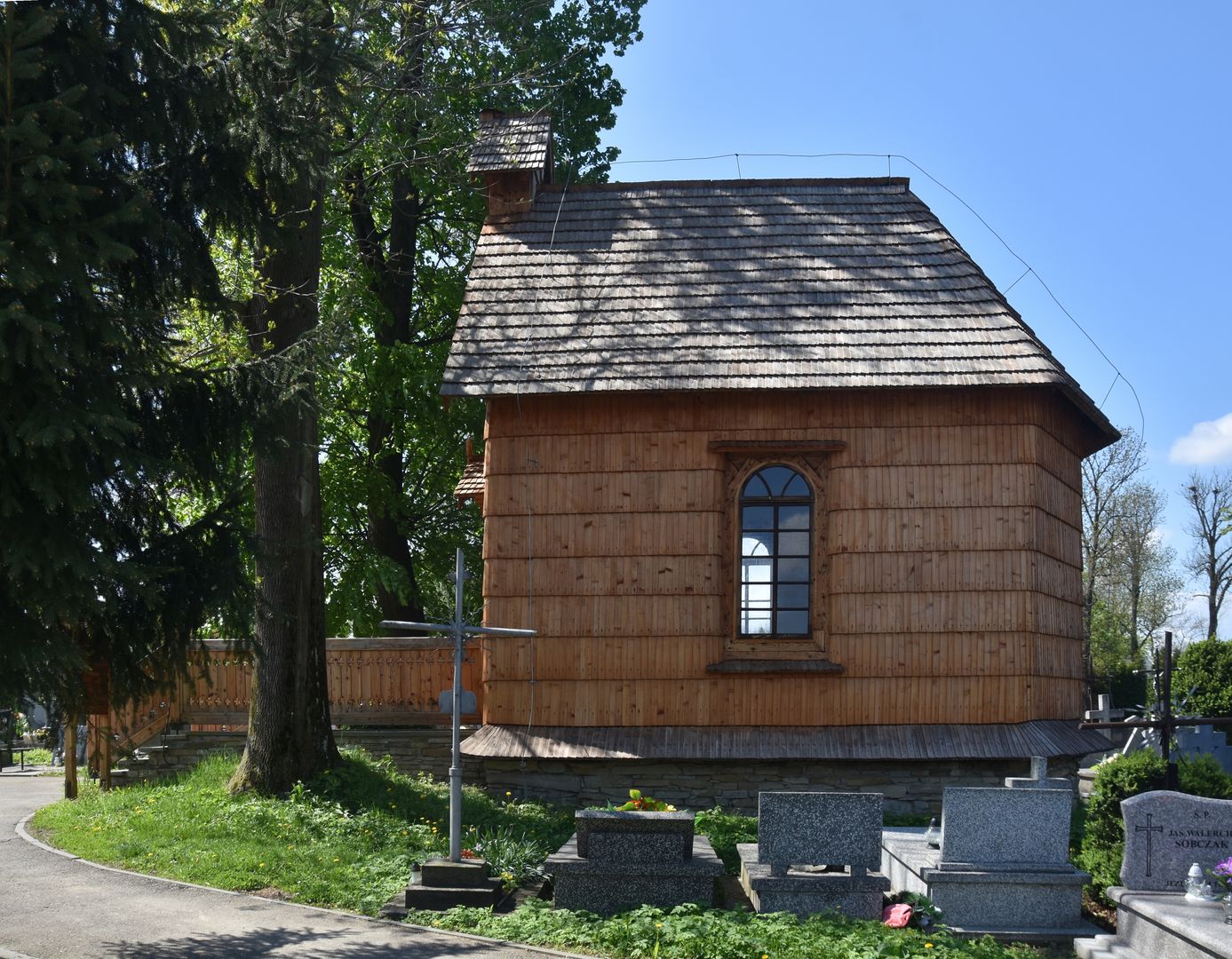Jedlicze
6.41

Overview
Jedlicze is a town in the Podkarpackie Voivodeship, situated on the Jasiołka River, with a rich history dating back to the 14th century. The origin of the town's name comes from the Proto-Slavic word "jedla," meaning fir tree. The settlement was first recorded in 1409. Over the centuries, it was owned by prominent families such as the Mleczkows, Bączalskis, and Wielowiejskis. In 1768, Jedlicze was granted town rights, confirmed by King Stanisław August Poniatowski, and in 1967, these rights were restored after the period of partitions. During World War II, the town witnessed dramatic events, including repression by the German occupiers. The community of Jedlicze also actively participated in the fights of the Home Army. Architecturally, Jedlicze is distinguished by its neo-Gothic church from 1925 and a palace-park complex, which now houses the Maria Konopnicka High School. The local cemetery is the resting place of, among others, Laura Pytlińska and Zofia Mickiewiczowa, daughters of Maria Konopnicka, as well as Stanisław Betlej, commander of the Home Army outpost. An important part of the local culture is the Municipal Cultural Center and the Municipal Public Library. Jedlicze is also a sports hub, with the football club ZKS Nafta Jedlicze and a sports facility equipped with an artificial turf field. The town has a partnership with the German town of Mallersdorf-Pfaffenberg, which confirms its openness to international cooperation.
Location
2026 Wizytor | All Rights Reserved